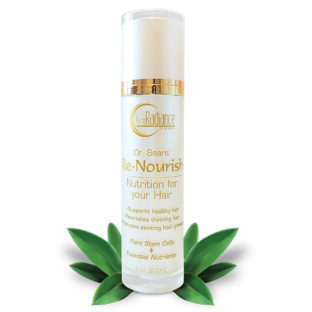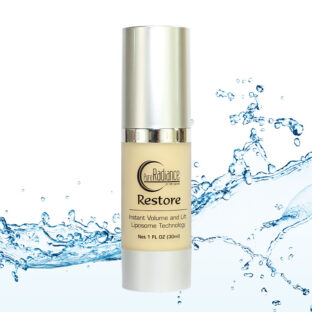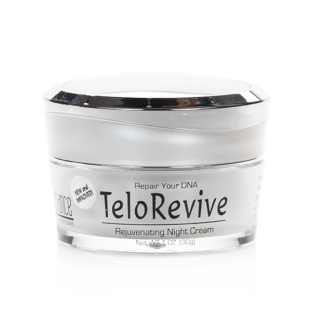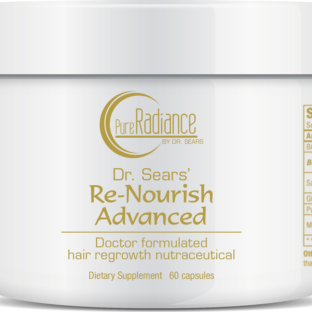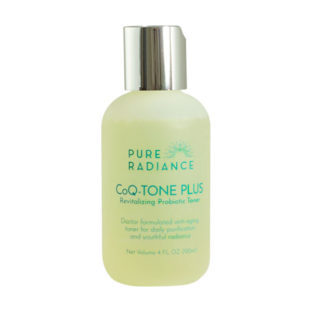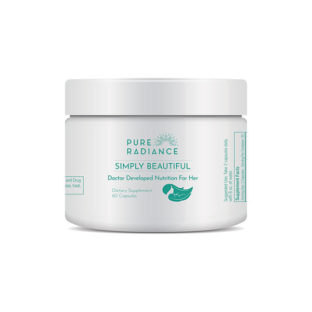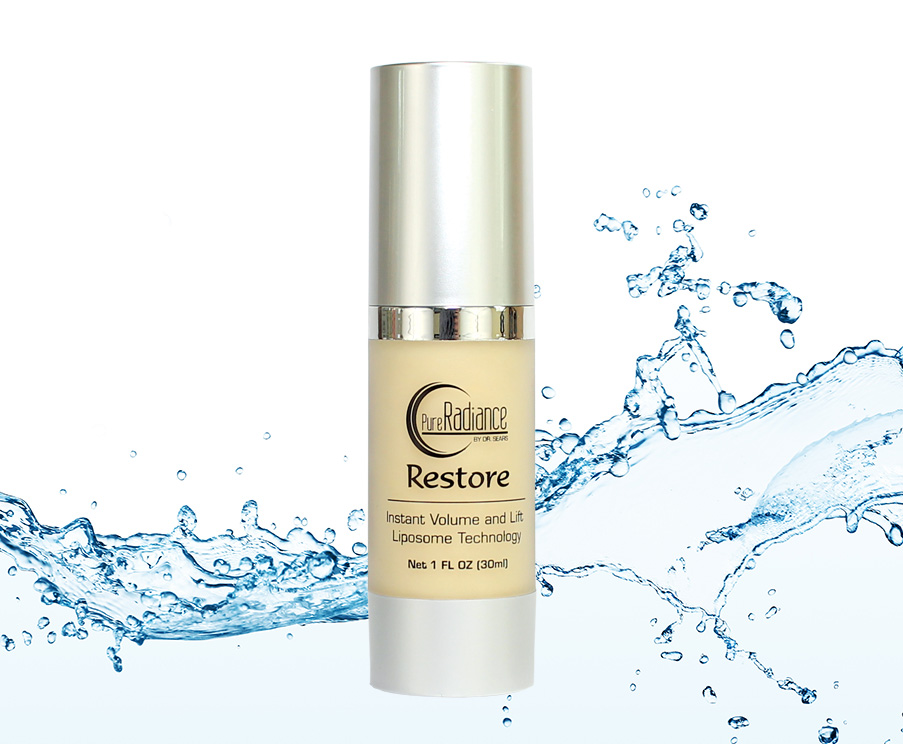
When the news went public about the dangerous side effects of hormone replacement therapy (HRT), sales of it dropped off a cliff.
And what did Big Pharma do next? Did they take it off the market?
Of course not.
They rebranded it so women wouldn’t remember what it was called. As a result, sales soared and women are still exposed to these dangerous drugs.
HRT was never tested for safety. But that didn’t stop doctors from using it on women.
In the 1930s, doctors started pushing this therapy. HRT used estrogens from horse urine. They combined it with a synthetic form of progesterone.
And when HRT was finally studied 60 years later, it turned out to be deadly. In fact, the Women’s Health Initiative (WHI) study had to be stopped three years early. The results were shocking…
They proved that HRT drugs increase your risk of heart attack… breast cancer… stroke… dementia… and blood clots.1
But I help women tackle their menopause symptoms naturally and safely.
Women who work with me are able to stop the emotional misery. The swinging moods. And the crushing fatigue. They ease vaginal dryness, recover their sex drive, and get a good night’s sleep.
In other words, they get their life back.
The options offered by the medical establishment are not just useless; they’re dangerous…
Now Big Pharma calls their dangerous drug MHT or “menopausal hormone therapy.” But it’s the same chemical hormones with the same hazards.
They think nothing of putting menopausal women at risk just to make more money. HRT was just the beginning…
The National Institutes of Health may be the most respected medical institution in the country. But it still recommends “MHT.” It also suggests other dangerous drugs for menopause.
For hot flashes and night sweats, the NIH recommends clonidine blood pressure drugs. These give you depression and irregular heartbeats. They can also cause hyperventilating and hallucinations.
For menopausal bone loss, the NIH recommends raloxifene (brand name Evista). This causes blood clots in the eyes and legs, stroke and vision loss. It could even make you cough up blood.
And for hot flashes, the highly touted Mayo Clinic recommends antidepressants. But these drugs don’t work for depression. And they have serious side effects:
| DRUG | SIDE EFFECTS |
| Celexa | suicide, shock, seizures and glaucoma |
| Lexapro | suicide, sweating, irregular heartbeats, panic attacks and seizures |
| Paxil | hallucinations, seizures, sweating and fainting |
| Prozac | suicide and anorexia |
| Zoloft | seizures, hallucinations, confusion and sweating |
Our most prestigious medical institutions have let women down. Instead of truly helping them, they offer women deadly solutions that cause heart attacks, strokes, seizures and suicide.
I tell my patients to never trust Big Medicine for dealing with hormonal changes. I don’t use any of these dangerous drugs for menopause. Instead, I help women relieve their symptoms safely.
Instead of synthetic HRT or MHT drugs, I help women find their balance with a blend of natural “bioidentical hormones.” These are exact replicas of your body’s own hormones. They’re not chemical imposters.
If you’re in South Florida — or can travel here to the Sears Institute for Anti-Aging Medicine — you can arrange for a consultation. Just call my staff at 561-784-7852. Or visit my website at www.searsinstitute.com
Conquer “The Change” Naturally from Home in 3 Easy Steps
If you’re not able to visit the Sears Institute, here are just a few ways I help women gently transition through the menopausal change — from the comfort of home:
- First, take grape seed extract. Grape seeds are rich in antioxidants called proanthocyanidins. In one study, women taking grape seed extract tablets experienced significant relief from their menopause symptoms. After just eight weeks, they had fewer hot flashes. Plus less insomnia, less depression, lower blood pressure and more muscle mass.2
Look for a grape seed extract supplement standardized to at least 90% proanthocyanidins. Start with around 200 mg per day. - If your symptoms don’t let up, try hops (Humulus lupulus L). This bitter herb is well-known as an ingredient in beer. It contains plant estrogens that can help relieve the symptoms of low estrogen. In one study, women taking hops tablets reduced their weekly hot flashes from 29 to just one. They also reported relief from anxiety, depression and low libido. The placebo group had no change.3
But I’m not recommending barrels of beer as the way to get it!You can find hops tablets in health food stores or online. Studies show an effective dose is standardized to 100 mcg to 250 mcg of 8-PN (8-prenylnaringenin).4 It could make you sleepy, so take it before bed. And check with your licensed health practitioner before taking hops if you have estrogen-sensitive breast cancer.
- Finally, add magnesium to fight off the symptoms of menopause. Bone loss is a common effect of menopause. Studies show that taking magnesium can slow down that bone loss.5 Other studies show this mineral lifts depression, alleviates insomnia and irritability, lowers blood pressure and reduces your risk of heart attack.
I recommend between 600 mg and 1,000 mg of magnesium per day, 45 minutes before bed. Look for the citrate or taurate form.
If you’re planning to increase your intake of magnesium, then you should consider increasing your intake of calcium, vitamin K2 and vitamin D3, as well, to achieve nutritional balance.
To Your Good Health,
![]()
Al Sears, MD, CNS
1. Manson JE, et al. “The Women’s Health Initiative hormone therapy trials: Update and overview of health outcomes during the intervention and post-stopping phases.” JAMA. 2013;310(13):1353-1368.
2.Terauchi M et al. “Effects of grape seed proanthocyanidin extract on menopausal symptoms, body composition, and cardiovascular parameters in middle-aged women: A randomized, double-blind, placebo-controlled pilot study.” Menopause. 2014;21(9):990–996.
3. Aghamiri V, et al. “The effect of Hop (Humulus lupulus L.) on early menopausal symptoms and hot flashes: A randomized placebo-controlled trial.” Complement Ther Clin Pract. 2016;23:130-135.
4. Heyerick A, et al. “A first prospective, randomized, double blind, placebo-controlled study on the use of a standardized hop extract to alleviate menopausal discomforts.” Maturitas. 2006;54:164-175.
5. Aydın H, et al. “Short-term oral magnesium supplementation suppresses bone turnover in postmenopausal osteoporotic women.” Biol Trace Elem Res. 2010; 133(2):136–143.


